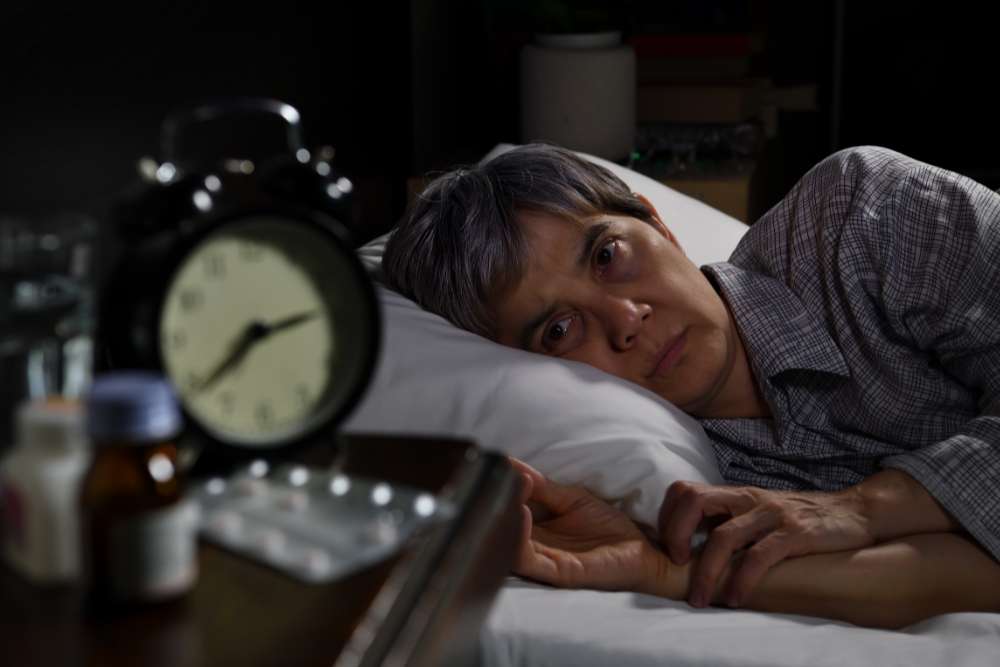Daytime Sleepiness: Causes, Solutions, and When to Seek Help
Feeling drowsy during the day can be more than just an inconvenience; it can significantly impact your quality of life and even pose safety risks. Daytime sleepiness affects millions of people worldwide, interfering with work, relationships, and daily activities. This article explores the causes of daytime drowsiness, offers practical solutions, and provides guidance on when professional help may be necessary.

What causes daytime drowsiness?
Daytime drowsiness can stem from various factors, both lifestyle-related and medical. Poor sleep habits, such as irregular sleep schedules or insufficient sleep duration, are common culprits. Certain medications, including antihistamines, antidepressants, and some blood pressure medications, can also induce drowsiness as a side effect. Medical conditions like sleep apnea, narcolepsy, and chronic fatigue syndrome may lead to excessive daytime sleepiness. Additionally, lifestyle factors such as high stress levels, poor diet, and lack of physical activity can contribute to feelings of fatigue during the day.
How can lifestyle adjustments boost energy levels?
Making strategic lifestyle changes can significantly improve daytime alertness. Establishing a consistent sleep schedule by going to bed and waking up at the same time every day, even on weekends, helps regulate your body’s internal clock. Creating a relaxing bedtime routine and ensuring your sleep environment is dark, quiet, and cool can enhance sleep quality. Regular exercise, particularly in the morning or early afternoon, can increase energy levels and promote better sleep at night. Maintaining a balanced diet rich in nutrients and staying hydrated throughout the day can also combat fatigue and boost overall energy.
What natural remedies can combat fatigue?
Several natural remedies may help alleviate daytime drowsiness. Exposure to natural sunlight, especially in the morning, can help regulate your circadian rhythm and improve alertness. Some people find that herbal teas like green tea or peppermint tea provide a gentle energy boost without the crash associated with caffeine. Essential oils such as peppermint, rosemary, and lemon can be invigorating when used aromatically. Regular meditation or mindfulness practices can reduce stress and improve overall energy levels. Additionally, certain supplements like B-complex vitamins, magnesium, and adaptogens like rhodiola rosea may help combat fatigue, though it’s important to consult with a healthcare provider before starting any new supplement regimen.
When should you seek medical treatment for excessive sleepiness?
If lifestyle changes and natural remedies don’t sufficiently address your daytime drowsiness, it may be time to consult a healthcare professional. Seek medical attention if excessive sleepiness interferes with your daily activities, work performance, or ability to drive safely. Persistent fatigue lasting more than two weeks, especially when accompanied by other symptoms like unexplained weight changes, mood swings, or difficulty concentrating, warrants a medical evaluation. Additionally, if you experience symptoms such as loud snoring, gasping for air during sleep, or falling asleep at inappropriate times, these could indicate underlying sleep disorders that require professional diagnosis and treatment.
What medical treatments are available for daytime drowsiness?
Medical treatments for daytime drowsiness depend on the underlying cause. For sleep apnea, continuous positive airway pressure (CPAP) therapy is often prescribed to improve nighttime breathing and reduce daytime fatigue. Narcolepsy may be treated with stimulant medications or sodium oxybate to regulate sleep patterns and reduce excessive daytime sleepiness. For conditions like chronic fatigue syndrome, a combination of cognitive behavioral therapy, graded exercise therapy, and medications to address specific symptoms may be recommended. In some cases, adjusting current medications or treating underlying health conditions like thyroid disorders or depression can significantly improve daytime alertness.
How can you track and improve your sleep quality?
Monitoring your sleep patterns can provide valuable insights into the quality and quantity of your rest. Sleep tracking apps and wearable devices can help you identify patterns and potential issues affecting your sleep. Keeping a sleep diary to record bedtimes, wake times, and any nighttime disturbances can also be helpful. To improve sleep quality, consider implementing sleep hygiene practices such as limiting screen time before bed, avoiding caffeine and alcohol in the evening, and creating a comfortable sleep environment. If you consistently struggle with sleep despite these measures, consider consulting a sleep specialist for a comprehensive evaluation and personalized treatment plan.
Daytime sleepiness can be a complex issue with various underlying causes. By understanding the factors contributing to your fatigue and implementing appropriate lifestyle changes and treatments, you can significantly improve your daytime alertness and overall quality of life. Remember, persistent or severe daytime drowsiness should be evaluated by a healthcare professional to rule out serious underlying conditions and develop an effective treatment strategy.
This article is for informational purposes only and should not be considered medical advice. Please consult a qualified healthcare professional for personalized guidance and treatment.



